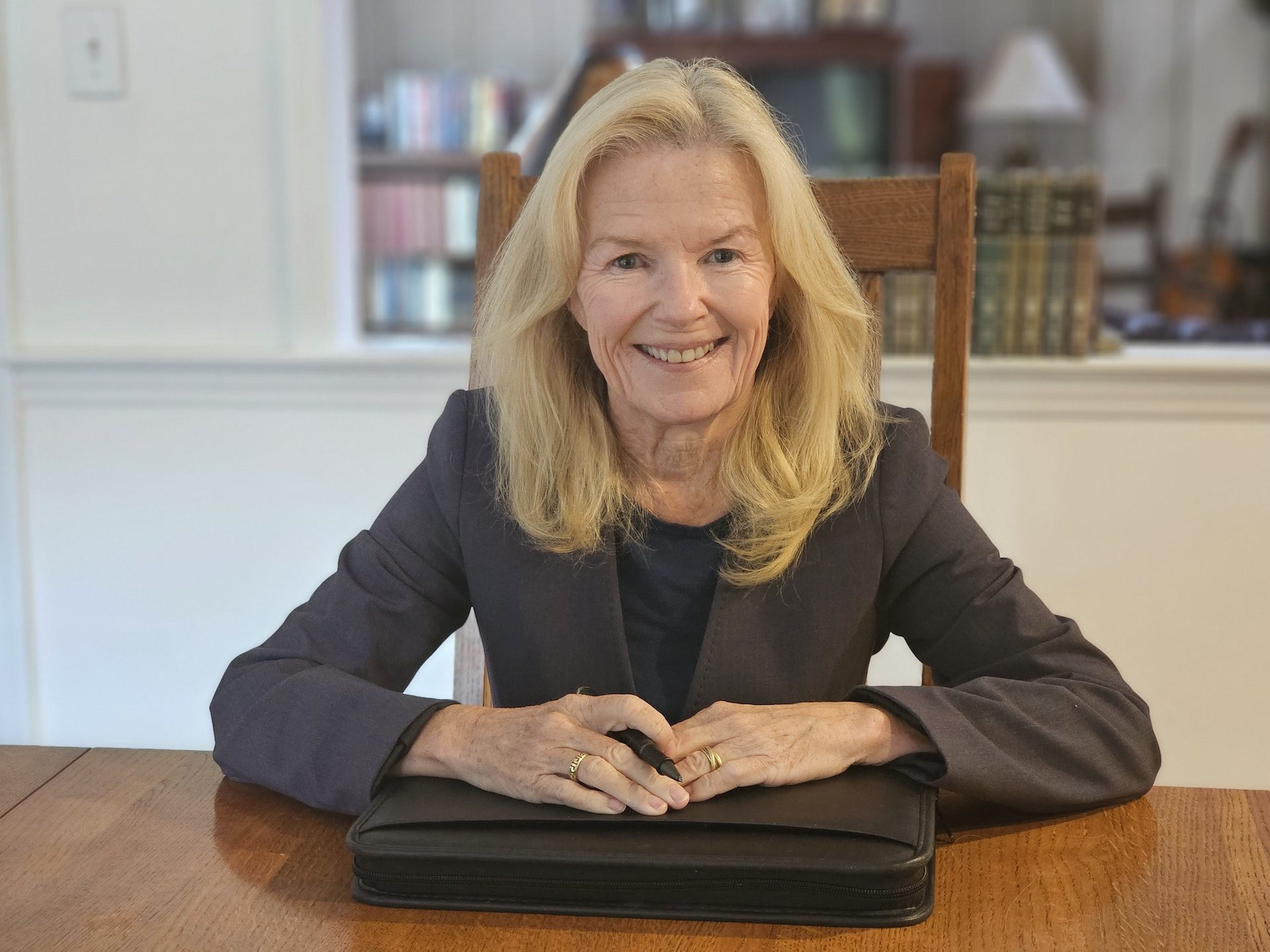By Anna Nickerson, Babson College Class of 2022
Anna near Boulder CO before embarking on her gap year.
When I first took a gap year, I got a flood of questions from friends; “Will you feel weird about not still being in our graduating class? What about college? Can you defer? Are you planning to even go back to school?” Despite the unorthodox path I was taking compared to my friends, I knew that this would best prepare me for my first year of college and my life beyond that — despite others’ opinions. When I look back on my gap year experience, I’m even more confident I made the right decision. My gap year was challenging, exciting, and allowed me to do things I never could have dreamed of doing in college or once I start working professionally.
All gap years are different, and there’s no program that is “One Size Fits All.” When I planned my gap year, I wanted to get the most adventure, travel, and skill-building out of a program as I could. I decided to do a program which takes students to 10 countries over 9 months, and teaches gappers a wide variety of “life skills”. It was the best fit for me and satiated my desire to see and learn as much about the world as I could (in less than a year). With that said, I have college friends who elected to stay home and work, take classes abroad, and even work on a political campaign while on their gap years. The first part of the gap year planning process is identifying what you want to get out of your year, which can then lead you to a year-long program, a series of shorter programs, or even a DIY gap year.
Once you identify what you want and then eventually embark on your gap year, most students choose to go on to college (usually the one they deferred originally). So now what? You’ve had a potentially life changing experience on your gap year and you’re expected to go back to the classroom. What is that going to be like?

Anna on her first day at Babson College
Well, everyone’s transition to college is a rollercoaster, regardless of whether or not you’re a “gapper.” To give you context, I’ll be drawing on my own personal experience as I just completed my freshman year of college. My transition from my gap year to college was not necessarily easy, but I feel strongly that it went much more smoothly than it would have if I hadn’t taken my year off from school. I attend Babson College, which is a small, private business school outside Boston. Jumping into a competitive, academically-rigorous and entrepreneurial environment right after traveling the world definitely had its challenges.
Firstly, my intense workload at school was an immediate challenge. It wasn’t the difficulty of the assignments or exams that made Babson particularly challenging, rather the workload itself. Because I had been in an alternative learning environment for so long on my gap year, it took a lot out of me to sit in a cubicle on the third floor of the library doing homework and writing papers for hours on end. I simply wasn’t used to that. Although this was a challenge, it didn’t slow me down. I learned the importance of both giving and receiving feedback on my gap year. This allowed me to more openly communicate with my professors, so I felt comfortable asking for help during office hours or even during class. So many students struggle through college and ignore their learning resources, such as office hours, student tutors, librarians, counselors, etc. I learned on my gap year that it’s a good thing to not only ask for help, but to be proactive about it. And as for those long sessions in the library, I discovered ways to make it easier. I changed up my location every couple hours, studied with friends, and made sure to take breaks.


Anna and her gap year friends in Belize before jumping off 30 foot cliff!
Another challenge, probably the biggest one of my entire first semester, was how much I missed my gap year friends. Obviously everyone has to make new friends in college, which can be daunting. I felt like this was especially difficult for me because I had just left my closest friends, people whom I considered family, on my gap year. By the end of my gap year, I felt much closer to these friends than I have ever been with my high school friends. Traveling and living with people for 9 months brings out the good, the bad, and the ugly in everyone. But it’s through that shared experience that strangers become best friends. And very few high school friendships are like that, at least from my experience. Because of my expectations for having deep and profound friendships, I found it really difficult to start over with superficial acquaintances in college. As a result, I felt lonely during the first semester, until I joined a sorority and other on-campus organizations and found better friends during the second semester. While this challenge is prevalent for every incoming college freshman, I think it can be particularly difficult for gappers, especially those who have spent intensive months forming life-long friendships. That makes starting over with new friends at school even more difficult.
— To Be Continued —
In Part 2 of “Transitioning from a Gap Year to College” (August 2019), Anna discusses how her gap year helped her adjust to college life, and final advice for gappers as they head off to college.










